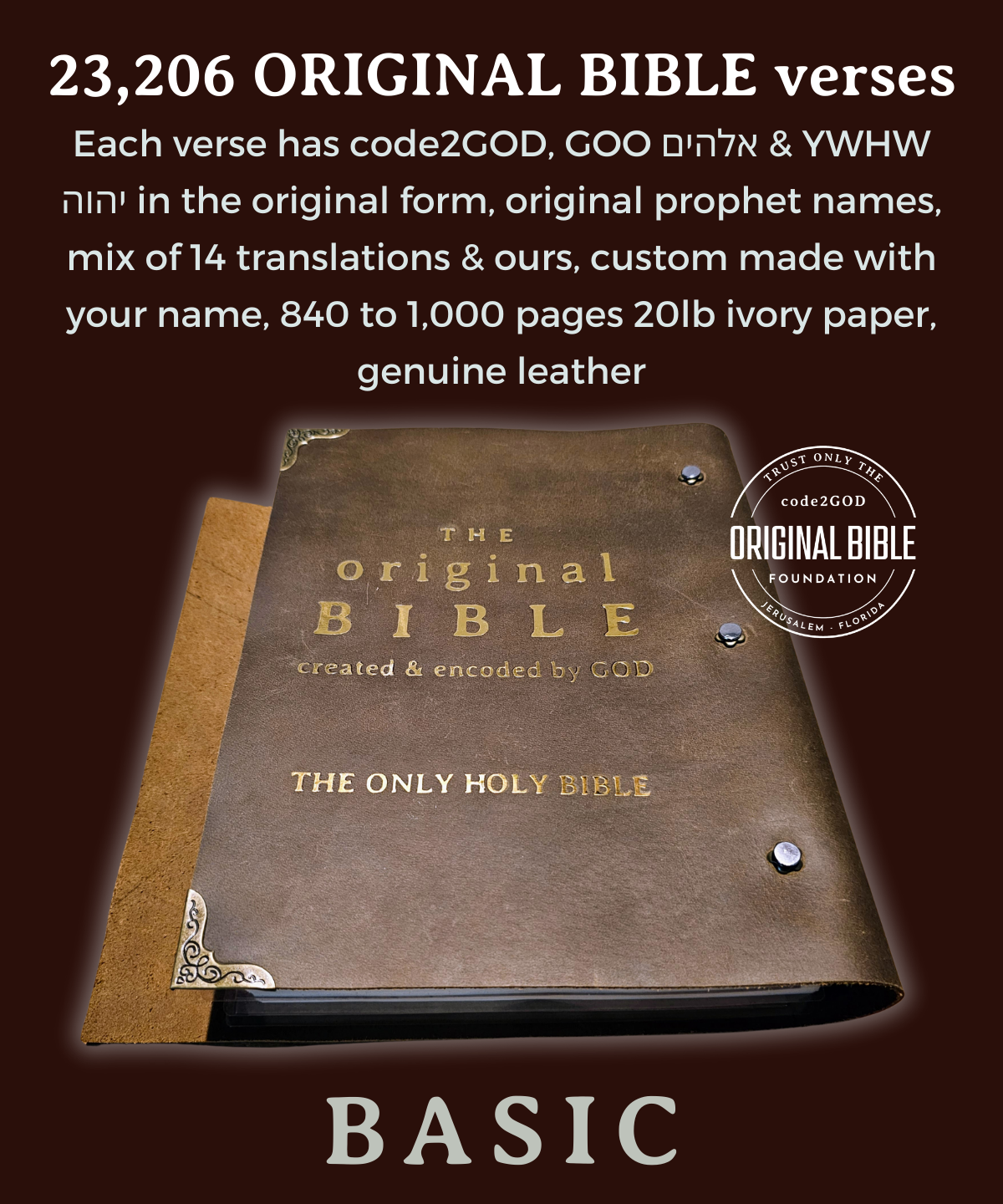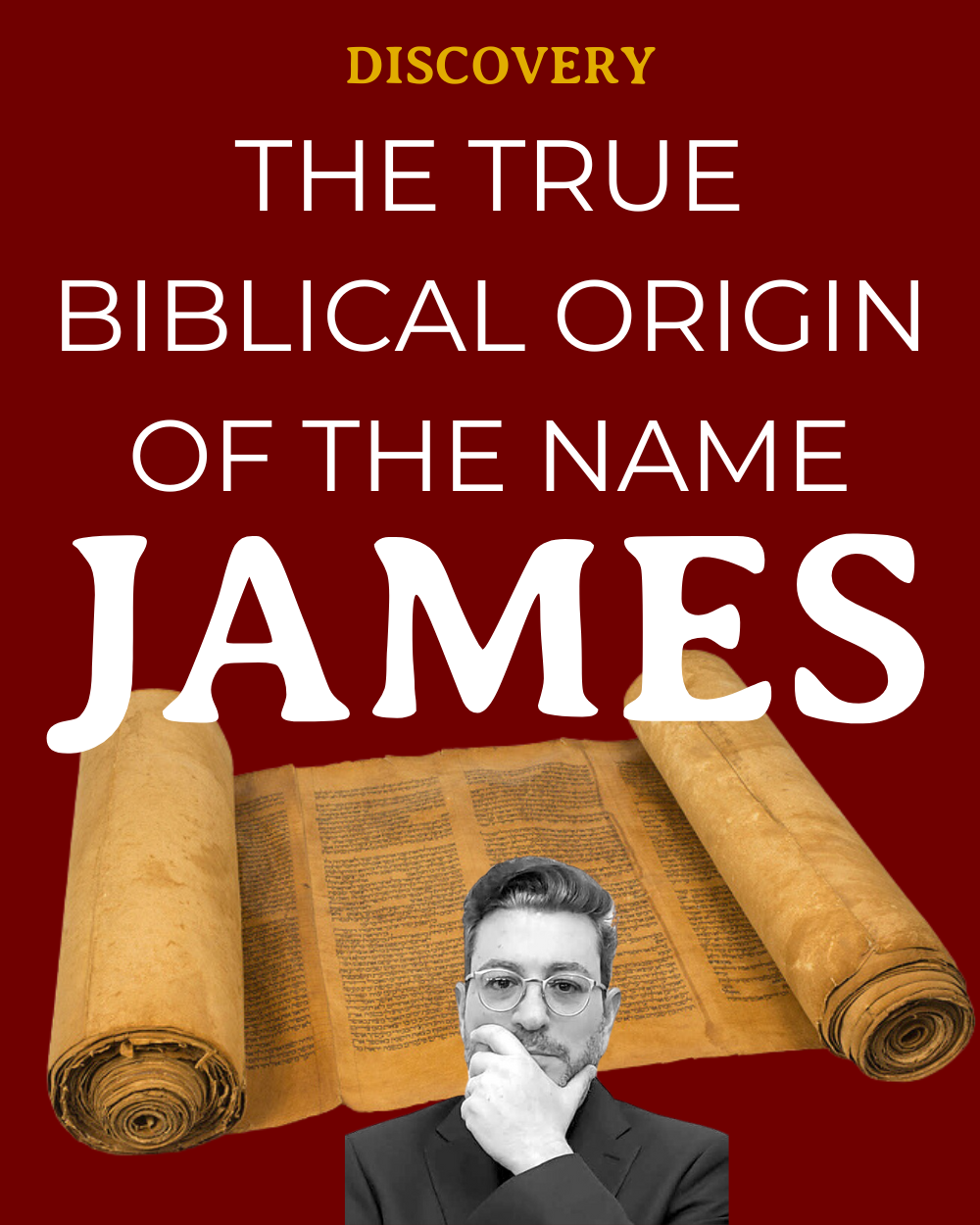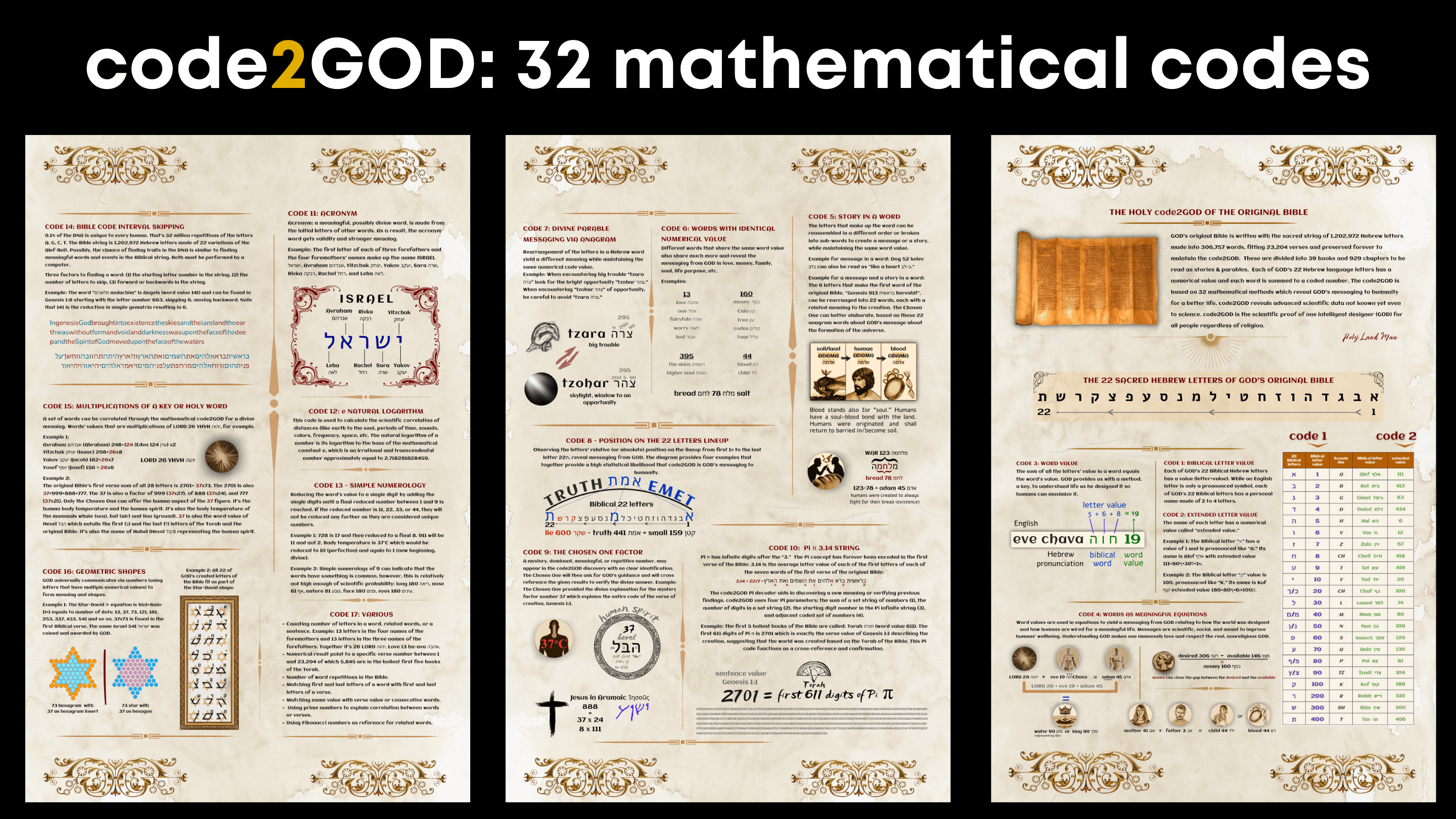| Role | Prophets | Kings | Leaders | Messiah |
|---|---|---|---|---|
| Definition | Individuals who receive and deliver messages from God and interpret his will | Individuals who hold political power and are responsible for ruling and leading the people | Individuals who hold positions of authority or influence and are responsible for guiding and leading the people | A future savior who will bring about the end of suffering and the establishment of God’s kingdom on earth |
| Examples | Moses, Isaiah | David, Solomon | Samuel (as both a prophet and a leader), Ezra | Jesus (in Christian belief) |
| Responsibilities | Communicating God’s will and message to the people, challenging the people to repent and return to a right relationship with God, calling for social justice | Ruling and leading justly in accordance with God’s laws | Guiding and leading the people, serving as examples of righteousness | Bringing about the end of suffering and the establishment of God’s kingdom on earth |
| Selection/Calling | Called by God to fulfill a specific task or deliver a message | Often chosen by God, but may also be elected or appointed | Can be chosen through a variety of means, including being called by God or being elected or appointed | Often seen as being chosen by God in a more direct and specific way |
In the original Bible, prophets, kings, leaders, and the Messiah play important and distinct roles in shaping the spiritual and moral direction of the people. Prophets are intermediaries between God and the people, tasked with delivering messages and interpreting God’s will. Kings hold political power and are responsible for ruling and leading justly, while leaders can refer to a variety of individuals who hold positions of authority or influence and are responsible for guiding and leading the people. The Messiah is seen as a future savior who will bring about the end of suffering and the establishment of God’s kingdom on earth.
Despite these differences in roles, all of these figures are considered to be servants of God and are expected to lead the people in accordance with his will. Prophets, kings, leaders, and the Messiah may also exhibit qualities of more than one of these roles or may serve in multiple roles at different times. For example, King David is often depicted as being both a king and a prophet, and the prophet Samuel is also depicted as serving as a leader and judge for the people of Israel.
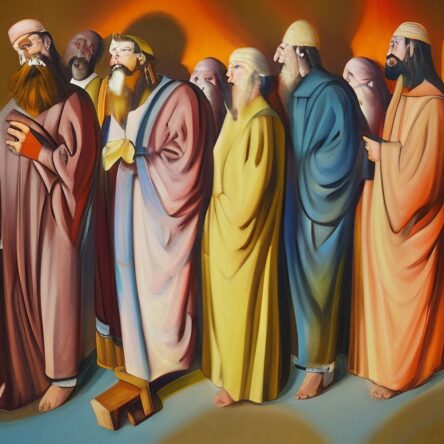
The concept of the Messiah in the original Bible is particularly multifaceted and can take on different meanings depending on the context. In some cases, the Messiah is seen as a future savior who will bring about the end of suffering and the establishment of God’s kingdom on earth. In other cases, the term “Messiah” may be used to refer to individuals who are seen as anointed by God to serve in a specific role or to accomplish a specific task.
Overall, the roles of prophets, kings, leaders, and the Messiah in the original Bible are complex and multifaceted, and there is often a wide range of interpretations and understanding of these roles within different religious and cultural contexts
The original Bible, also known as the Hebrew Bible, contains numerous examples of individuals who serve in various roles as prophets, kings, leaders, and the Messiah. These figures play important and distinct roles in shaping the spiritual and moral direction of the people and are expected to lead the people in accordance with God’s will.
Prophets in the original Bible are intermediaries between God and the people, tasked with delivering messages and interpreting God’s will. One well-known example of a prophet in the original Bible is Moses, who is considered to be one of the greatest prophets in Jewish tradition. According to the Bible, God chose Moses to lead the Israelites out of slavery in Egypt and to deliver the Ten Commandments to the people. Moses is also credited with performing miracles and receiving divine revelations, including the revelation of the Torah, the central text of Judaism.
Another important prophet in the original Bible is Isaiah, who is known for his eloquent prophecies and his call for social justice. Isaiah’s prophecies often focus on the coming of a savior and the establishment of God’s kingdom on earth.
In addition to speaking on behalf of God and delivering messages, prophets in the original Bible also often play a role in shaping the spiritual and moral direction of the people. They may challenge the people to repent of their sins and return to a right relationship with God, or they may call for social justice and righteousness.
Kings, on the other hand, are responsible for ruling and leading the people. In the original Bible, kings are often depicted as being chosen by God to lead his people, and they are expected to rule justly and in accordance with God’s laws. Some of the most well-known kings in the original Bible include David, who is considered to be the greatest king in Jewish tradition, and Solomon, who is known for his wisdom and wealth.

However, not all kings in the original Bible are depicted as being righteous or favored by God. Some, such as Saul and Jeroboam, are criticized for their wrongdoing and are seen as examples of the consequences of disobedience.
Leaders in the original Bible can refer to a variety of individuals who hold positions of authority or influence. This can include prophets, kings, and other officials who are responsible for guiding and leading the people. The original Bible often emphasizes the importance of choosing leaders who are just and wise, and who will lead the people in accordance with God’s laws.
The concept of the Messiah, or the anointed one, is central to Jewish and Christian belief. In the original Bible, the Messiah is seen as a future savior who will bring about the end of suffering and the establishment of God’s kingdom on earth. The concept of the Messiah is closely tied to the idea of a messianic age, a time when peace and prosperity will reign and God’s will will be fully realized.
One example of the Messiah in the original Bible is Jesus, who is revered by Christians as the Son of God and the savior of the world. According to the New Testament, Jesus was born of a virgin, performed miracles, and ultimately sacrificed himself on the cross to atone for the sins of humanity.
Overall, the roles of prophets, kings, leaders, and the Messiah in the original Bible are diverse and multifaceted. Prophets are intermediaries between God and the people, delivering messages and interpreting God’s will. Kings hold political power and are responsible for leading and ruling justly. Leaders can refer to a variety of individuals who hold positions of authority or influence, and the Messiah is seen as a future savior who will bring about the end of suffering and the establishment of God’s kingdom on earth. Despite their differences, all of these figures are considered to be servants of God and are expected to lead the people in accordance with his will.
It is important to note that the roles of prophets, kings, leaders and the Messiah in the original Bible are not always clear-cut or mutually exclusive. In some cases, individuals may serve in multiple roles or may exhibit qualities of more than one of these figures.
For example, King David is often depicted as being both a king and a prophet, as he is credited with receiving divine revelation and leading the people in accordance with God’s will. Similarly, the prophet Samuel is also depicted as serving as a leader and judge for the people of Israel.
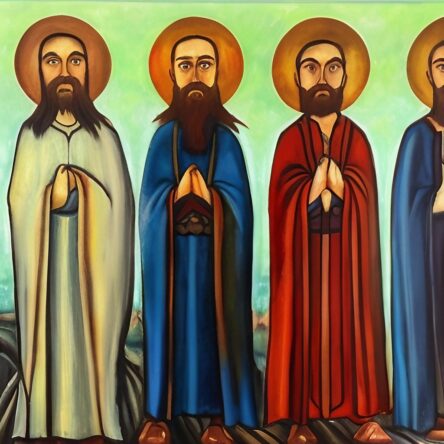
The concept of the Messiah in the original Bible is also multifaceted and can take on different meanings depending on the context. In some cases, the Messiah is seen as a future savior who will bring about the end of suffering and the establishment of God’s kingdom on earth. In other cases, the term “Messiah” may be used to refer to individuals who are seen as anointed by God to serve in a specific role or to accomplish a specific task.
One example of the latter is the concept of the “Messiah ben Joseph,” which refers to a figure who will arise in the end times to prepare the way for the coming of the Messiah ben David, who is seen as the ultimate savior. According to some Jewish traditions, the Messiah ben Joseph will be a warrior who will lead the Jews in a final battle against their enemies and will ultimately be killed in the process.
The roles of prophets, kings, leaders and the Messiah in the original Bible are complex and varied. These figures serve important and distinct roles in shaping the spiritual and moral direction of the people and are expected to lead the people in accordance with God’s will. While their roles may differ, all of these figures are ultimately servants of God and are called to serve as examples of righteousness and to guide the people toward a closer relationship with God.

It is worth noting that the roles of prophets, kings, leaders and the Messiah in the original Bible are not always clearly defined, and there is often overlap and nuance in how these roles are understood and performed.
For instance, some prophets in the original Bible are also depicted as serving as leaders or judges for the people. This is particularly true of the prophet Samuel, who is described as serving as both a prophet and a leader for the Israelites. Similarly, some kings in the original Bible are also depicted as prophets, such as King David, who is credited with receiving divine revelation and leading the people in accordance with God’s will.
The concept of the Messiah in the original Bible is also multifaceted and can take on different meanings depending on the context. In some cases, the Messiah is seen as a future savior who will bring about the end of suffering and the establishment of God’s kingdom on earth. In other cases, the term “Messiah” may be used to refer to individuals who are seen as anointed by God to serve in a specific role or to accomplish a specific task.
For example, the Messiah ben Joseph mentioned earlier, is a figure who is believed to arise in the end times and prepare the way for the coming of the Messiah ben David. According to some Jewish traditions, the Messiah ben Joseph will be a warrior who will lead the Jews in a final battle against their enemies and will ultimately be killed in the process.
Overall, the roles of prophets, kings, leaders, and the Messiah in the original Bible are complex and multifaceted. There is often overlap and nuance in how these roles are understood and performed. Despite these complexities, however, all of these figures are ultimately servants of God and are called to serve as examples of righteousness and to guide the people toward a closer relationship with God.


